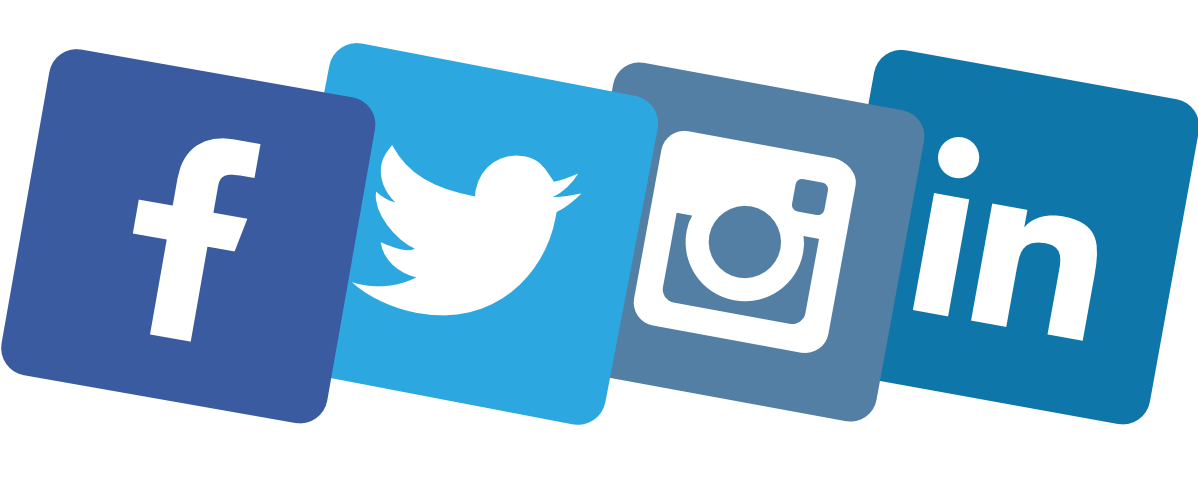Is The Quartet of Candidate Research & Engagement “Dying”?

LinkedIn, Facebook, Instagram, and Twitter. Most recruiters know this quartet well as places where we can go to “learn” about candidates or connect with them in their network(s) of choice. (Maybe you add Github, Stackoverflow, Behance, and Dribbble to the mix if you’re a technical recruiter). But, are there other social networks on the horizon that we should be looking at?
For a moment, just think about how many people have sworn off Facebook. Perhaps due to increasing and widely recognized reasons for leaving the platform. There are concerns with its echo chamber effects, avoiding time-wasting and procrastination, and the negative psychological effects of perpetual social comparison. You’d think that maybe the platform was shrinking. Instead, something else is happening.
Over time, a large share of users on Facebook, Instagram, LinkedIn, and Twitter stopped creating new content and updating profiles. Many of these users also gradually shifted their content consumption from immediate friends to professional authors.
Particularly, this may be caused by an increased “quality bar” for passing algorithmic feed filters and drives everyday users to find new places to create and share “low effort” content. Some of that content creation energy is going to chat communities on Slack and Discord. Plus, close friends-and-family chats on WhatsApp and Telegram.
Are “Tribe Chats” on the Rise?
Chats for families and other close-together small social groups are on the rise. As the first generations of digital natives get older, starting and growing families, they move everyday content creation and sharing from public feeds and direct messages to private family chats and other small groups, typically sized between 2 and 20 people.
This creates a safe space where you can be yourself and not fight for any vanity metrics. People who aren’t yet on any tribe chats are feeling left out and are actively looking to join or start one. Specialized platforms like Cocoon and new experiments from majors like Instagram Threads were recently launched to serve this use case.
Users Are on Their Own Journey
Many apps that started as social networks in a narrow sense (connecting friends) and messengers over time became media networks. At the start, most of their content and activity were created by friends. Now, the usage is driven more and more by high-effort individual creators (premium UGC) and brands.
This pattern can be seen in individual user journeys. And, as it happens, it has effects on where people, our candidates, are engaging and responding.
Early in life, our social life is based on proximity as we mostly consume content from people nearby. People in the same class, school, and community. As we grow and progress in our careers, those early life connections get weaker. People move to new places and develop specialized, narrowed interests.
As a result, the content of friends becomes less and less relevant. This leads to resetting the media diet from “friends-first” to “interests-first.” And to prioritizing quality of content over relationship with the author. YouTube and Reddit (hat tip to Erin Matthew) are well-established networks primarily serving interest-based consumption. Telepath is also a prominent new player in that space.
Preparing for the Decline
While the decline is sharper among younger users for the four major social networks, particularly Facebook, there’s never been a better time to invest in alternative social networks and messengers. Yes, Facebook usage is in decline, perhaps in a mid-life crisis of sorts that could benefit LinkedIn and other social media platforms.
A recent study from the research firm eMarketer says young adults are leaving Facebook faster than expected, with its user base among all user groups predicted to shrink by 3.4 percent – or nearly 14.5 million users.
The prediction marks the first time eMarketer has forecast a decline in Facebook usage for any age group. The firm also says they estimate usage among young adults “will grow more slowly than previously forecast.” Overall, the largest social media site saw a decline in usage, from 67 to 62 percent of its American audience. The decline puts the social media platform back to 2015 usage levels.
However, while the shrinkage is bad news for Facebook, it could be a boon for more networks and different messengers.
Authors
Brian Fink
As a Talent Acquisition Partner at McAfee, Brian Fink enjoys bringing people together to solve complex problems, build great products, and get things done. In his recent book, Talk Tech to Me, Fink takes on the stress and strain of complex technology concepts and simplifies them for the modern recruiter to help you find, engage, and partner with professionals.
Recruit Smarter
Weekly news and industry insights delivered straight to your inbox.





